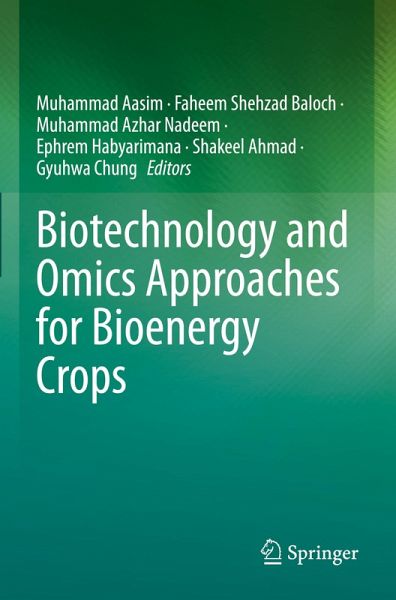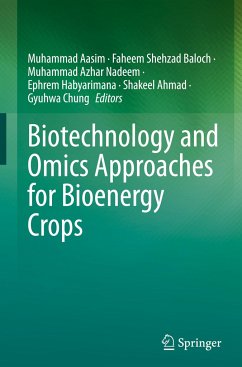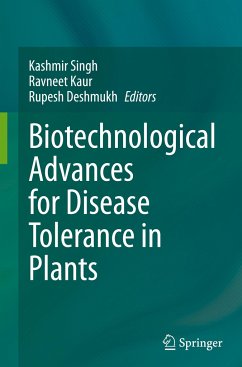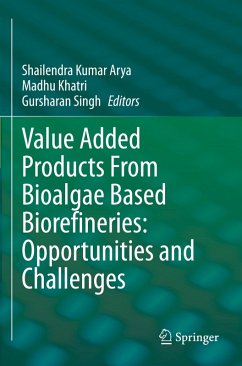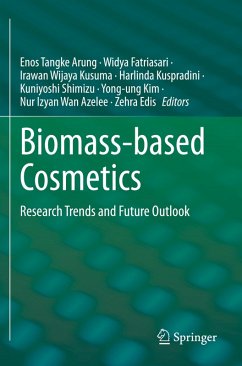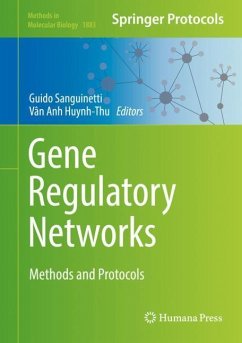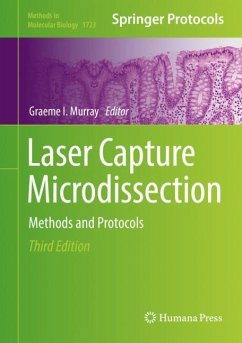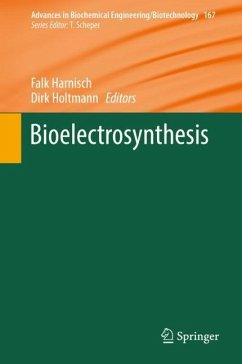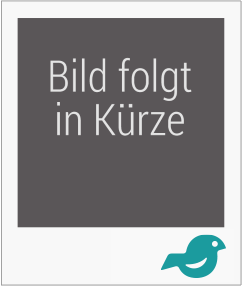Dr. Muhammad Aasim, is a Professor at Department of Plant Protection, Sivas University of Science and Technology, Sivas, Turkey since 2020. He completed his graduation and masters from Pakistan with honours and received gold medal from BZU, Multan (graduation), and silver medal from UAF (Master). He worked in multinational pesticide companies from 1998-2003 in Pakistan. He started his PhD in 2004 and was awarded PhD in 2010 from Ankara University with honour. After completing PhD, he worked ass Asstt. Prof from 2011 to 2013 and Assoc. Prof. from 2013 to 2015 at Department of Biology, Karamanölu Mehmetbey University, Karaman, Türkiye, He also served at Department of Biotechnology, Necmettin Erbakan University, Konya, Türkiye as Assoc. Prof from 2016 to 2020. He is currently engaged in research activities involving plant biotechnology, plant tissue culture, genetic transformation, phytoremediation, stress physiology, plant based biopesticides, medicinal and aquatic plants, and nanoparticles. He is also working as an active consultant for plant tissue culture labs. He has published 82 SCIE articles, and cumulatively more than 100 International research articles. He is co-editor of 1 book and wrote more than 30 international book chapters since 2018. Currently, he is working on application of artificial intelligence (AI) in plant biotechnology and plant sciences and published research articles in world re-known journals in 2022 and 2023. Currently, his h-index is 24 with more than 1690 citations on Google Scholar. Dr. Faheem Shehzad Baloch is working as Professor of plant breeding and genetics at Sivas University of Science and Technology, Sivas, Turkey. He received his Ph.D. with a dissertation on 'QTL mapping in wheat' from the faculty of agriculture, University of çukurova, Adana, Turkey in 2012 with a joint fellowship of Turkish ministry of education and Turkish scientific and Technological council of Turkey (TÜB¿TAK). In 2013, he started to work as assistant professor at Ni¿de ÖmerHalis Demir university, Ni¿de Turkey. In 2015, he joined Bolu Abant izzet Baysal Bolu, Turkey as Assistant professor. In 2018, he promoted to associate professor in the same institute. In August, 2020, he joined Sivas university of science and Technology as associate professor and currently working in the same university. Dr. Faheem has more than 9 years of teaching and research experience in the plant phenomes, genetics and genomics, biotechnology specially in next generation sequencing (NGS) and DNA molecular markers in plant genetics for germplasm characterization, identification of genomic regions for traits of agricultural interest, development and validation of molecular markers for their use in marker assisted selection, and genomic prediction for plant improvement program particularly cereals and legumes and also for developing strategies for preserving this precious germplasm from Türkiye, which is the hot spot of biodiversityfor most of agricultural crops and also thousands of endemic species. He leaded and participated in many projects funded by national and international organizations. He supervised and co-supervised MSC, PhD and post doc candidates from various countries. He has over 100 publications in Web of Sciences database. He has co-edited 6 books and written over 14 book chapters on important aspects of molecular genetics in relation to plant species. He has extensive array of citations with over 3000 times as per google scholar with an h-Index of 30. Dr. Baloch is active member of various COST action and also serve as Editorial board member of several impacted journals such as Turkish journal agriculture and forestry, BMC Genomic data, Agronomy Journal. Biotechnology and Biotechnological Equipment, BMC Plant Biology, and guest editor for special issues in different journals and also reviewer for more than 55 peer-reviewed international journals with more than 121 verified reviews according to WOS. Dr. Muhammad Azhar Nadeem is working as an Associate Professor of plant breeding and genetics at Sivas University of Science and Technology, Sivas, Turkiye. His PhD thesis was entitled "Identification of Genomic Regions for Various Agronomic Traits in Turkish Common Bean Germplasm with Genome-Wide Association Studies (GWAS)". He is currently engaged in research activities involving genetic diversity assessment, genome-wide association studies (GWAS) for the identification of genomic regions, and their validation through KASP assay for marker-assisted breeding. Dr. Nadeem is focusing to perform GWAS in legumes, especially in common bean and lentil and other legumes to identify genomic regions associated with agronomic, mineral elements, cooking and quality traits that will be helpful for the biofortification of these crops. He has a good number of publications in world-renowned and prestigious journals. He serves as an editorial board member of BMC Plant Biology, BMCGenomic Data, BMC Research Notes, Agriculture-MDPI, Plants-MDPI, Physiologia Plantarum, Frontiers in Plant Science, Molecular Biology Reports, Genetic Resources and crop evolution and Pakistan Journal of Botany. He has co-edited 2 books and written over 10 book chapters on important aspects of molecular genetics in relation to plant species. He has a good number of citations (1584) as per Google Scholar with an h-Index of 18. Dr Ephrem Habyarimana is a Principal Scientist at ICRISAT India, leading ICRISAT's research on sorghum breeding to optimize the breeding program towards the aim of improving sorghum productivity and income generation, particularly for smallholder farmers. He is a PhD in Agricultural Genetics (Tuscia University, Italy), holds a Master's degrees in Crop Science (Polytechnic University of Marche, Italy) and in Biotechnology Studies (University of Maryland University College, USA), and several other university degrees and training certificates obtained in Latin America, Africa, Asia and Europe. Dr Habyarimana has documented skills and expertise of more than 25 years in crop science, genetics and plant breeding with a particular focus on sorghum. He integrates crop breeding with diverse technologies and skills - agroecological and genomic modelling, big data analytics (phenomics, genomics) - in the process of developing sustainable, resilient, cost-effective cultivars friendly to the environment and biodiversity. Dr. Shakeel Ahmad is currently working as Professor of Agronomy, Faculty of Agricultural Sciences and Technology (FAST), Bahauddin Zakariya University Multan, Pakistan. He did his PhD from University of Agriculture, Faisalabad, Pakistan. While, Post-Doctorate on Crop Modeling and Climate Change from The University of Georgia, USA. Dr. Gyuhwa Chung is a distinguished research emeritus professor at the Department of Biotechnology, Chonnam National University, Republicof Korea. He is a renowned ex-situ legume germplasm conservationist and holds largest wild soybean germplasm in the world known as "Chung's Wild Legume Germplasm Collection". He is a renowned wild soybean expert and has been very active for wild soybean conservation due to disturbances in agroecological zones in East Asia. He has authored over 150 research/review articles and book chapters. He is holder of several patents and has an extensive array of citations and reads /downloads to his papers. He has coordinated as a PI in over many scientific research and technology projects and has established worldwide collaborations. His interests in the field of biotechnology lies in genetically modified plants, biofuel, the associated risks to biodiversity, environment and GM food and feed consumers.
